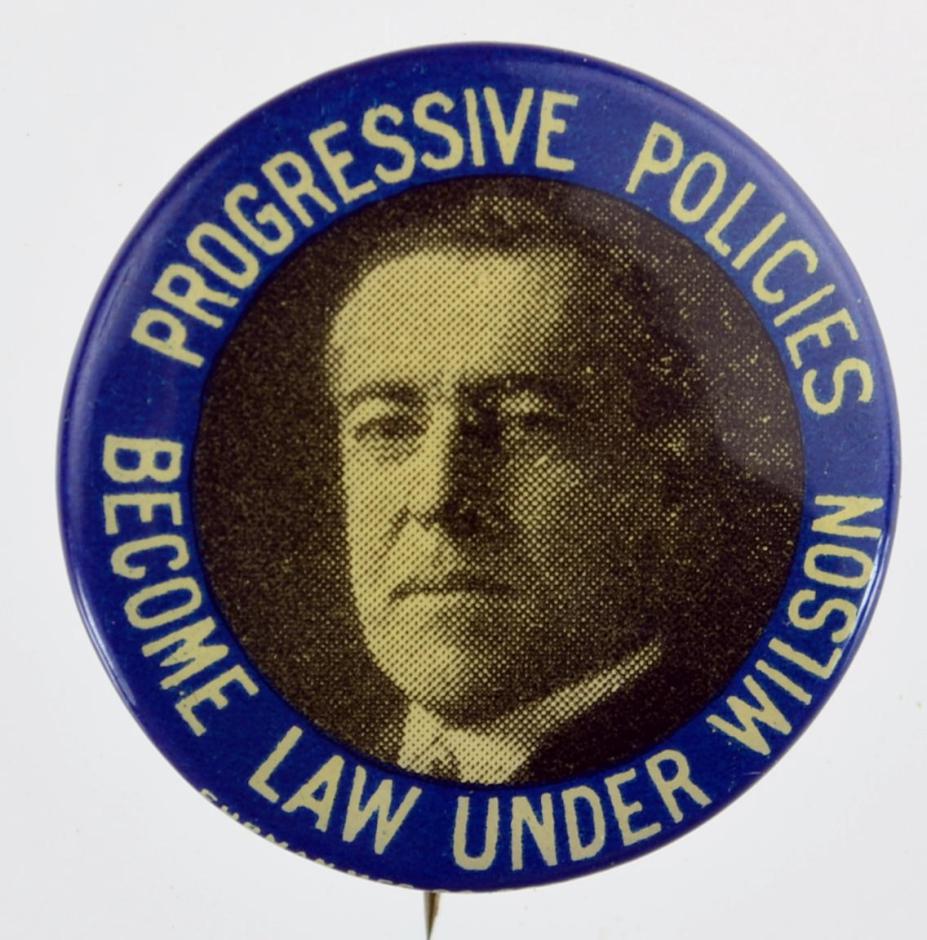The Perils of Potent Congressional Leadership

Matt Glassman, formerly of the Congressional Research Service and soon-to-be at the Government Affairs Institute, writes:
“[T]he Wilsonian model of congressional reform is a dream scenario for the modern presidency. In brief, Woodrow Wilson was the first of many to articulate a parliamentary-style fix for separation of powers system: strong disciplined congressional parties that treated Congress like an “arena” legislature, merely a location of lawmaking, rather than a transformative institution that developed, negotiated, and compromised legislation. Under this view, parties and executive branch leaders would take over those policy functions, while chamber rules would be streamlined and congressional leaders strengthened so that the existing veto points (committees, filibuster, etc.) would melt away and allow for party government. Versions of this argument have circulated in the U.S. consistently since Wilson’s time, and can even be heard today: the path forward from gridlock is to kill the filibuster and strengthen the congressional leaders so they can ram through party policies, ending the gridlock.
“Whatever the substantive merits, this would be a disaster for Congress the institution. Maybe in the days of strong party leaders and a weak presidency, this might have worked. But under the trappings of the modern presidency, there is simply no chance anyone but POTUS would be the party leader in charge of such a majority, and the necessary hollowing out and streamlining of Congress required to grease the skids for party government would simultaneously all but end executive branch oversight. The scary thing for Congress is that the Wilsonian model is not just popular among many observers and practitioners when their party has unified control—that’s understandable situational institutionalism—but also has proven generally popular, especially under divided government. Take Gingrich in 1995. There’s just an incredible lure to centralizing congressional power. Certainly it has some internal positives in being able to move policy and get a party to look discipline and effective as passing legislation. But in order to achieve it, the hallmarks of congressional capacity must be abolished. And thus the Gingrich attacks to weaken the committee chairs, set aside CBO, damage the seniority system, and gut committee staff.
“There’s undoubtedly an allure here. After all, if you could centralize Congress to an absurd degree, you could bring the President to his knees. Centralization could create a more powerful Congress. Imagine a Congress with literally all power centralized in the Speaker. Everyone in both chambers will vote for whatever the Speaker wants. That would effectively abolish the veto, giving the President no leverage in domestic legislation. The Speaker could redesign the bureaucracy at will, adjust all funding levels by fiat, and even remove the president at any time. But it’s a pipe dream: centralization can never practically achieve that, and on it’s way to trying, it ends up killing congressional capacity”….
Read more at http://www.mattglassman.com/?p=4147
| Topics: | Reform Efforts |
| Tags: | Matt Glassman |
